Better State always; less State never
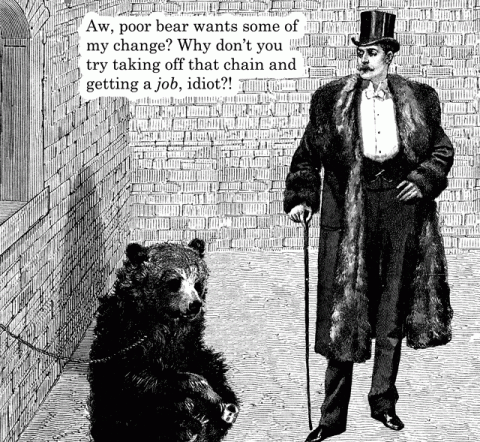
What shape should concerted left political action in Ireland take? Conor McCabe’s excellent book Sins of The Father presents a very strong thesis about how the history of the Irish Republic should not be thought in terms of a narrative of neoliberalism that might apply in other western democratic states, due to the very specific character of the Irish State and the way its economy was developed in the interests of ruling elites since the State’s foundation.
But I think that whilst this understanding of the Irish State must provide the basis for urgent political action at a local level, it’s still important to bear in mind the consonance of processes of domination in Ireland with processes - and the experiences of resistance - elsewhere, and indeed how much processes in Ireland also form part of a global process.
Each one of the neoliberal transitions named by Boaventura de Sousa Santos in his second letter to the lefts below (translated Spanish version here) are as relevant to Ireland as anywhere else. Indeed, if we wanted, we could put an Irish name to each of them: 1. Charlie McCreevy; 2. Peter Sutherland; 3. Pat Rabbitte; 4. Bertie Ahern; 5. Denis O'Brien. But I find it hard to get beyond de Sousa Santos’s formulation of the principle of ‘better State always; less State, never’ as the basic idea for unified left political action here as elsewhere.
Note on translation
It's interesting how in English, people talk about ‘the Left’ tout court, in ways that drive many people nuts: ‘The Left’ should do this, such and such is a failure of ‘the Left’, whereas in other languages it is quite common to talk about ‘the lefts’, thus recognising different strands and tendencies rather than habitually lumping them all together as a single object when analytically this can obscure more than it reveals.
Rather than bother trying to find some sort of formulation that sounds idiomatic (‘left forces’?, ‘left tendencies’?) or to use the standard ‘the Left’ (as suggested by the often scarily good Google Translate), I have stuck below with ‘the lefts’ in this translation. As de Sousa Santos himself notes, thinking about the world is not the same as thinking about the world with western conceptions. The same principle ought to apply to those who view the world as a series of anglospherical objects.
Second Letter to the Lefts
 Political democracy presupposes the existence of the State. The problems we are living through today in Europe show dramatically that there is no European democracy because there is no European State. And since many sovereign prerogatives were transferred to European institutions, national democracies are less solid today because national States are post-sovereign. The deficits of the national democracies and Europe’s democratic deficit feed back on each other and are aggravated because, at the same time, European institutions decided to transfer to the financial markets (that is, to half a dozen big investment bodies, at the head of which is Deutsche Bank) part of the prerogatives transferred to them by national States. For the common citizen it will be easy to conclude now (sadly, only now) that this was a well-hatched plot in order to deprive European States of their capacity to carry out both their functions of protecting their citizens against collective risks and of promoting social welfare. This neoliberal plot has been weaved throughout the world. Europe just had the privilege of being ‘plotted’ European-style. Let us see how it happened.
Political democracy presupposes the existence of the State. The problems we are living through today in Europe show dramatically that there is no European democracy because there is no European State. And since many sovereign prerogatives were transferred to European institutions, national democracies are less solid today because national States are post-sovereign. The deficits of the national democracies and Europe’s democratic deficit feed back on each other and are aggravated because, at the same time, European institutions decided to transfer to the financial markets (that is, to half a dozen big investment bodies, at the head of which is Deutsche Bank) part of the prerogatives transferred to them by national States. For the common citizen it will be easy to conclude now (sadly, only now) that this was a well-hatched plot in order to deprive European States of their capacity to carry out both their functions of protecting their citizens against collective risks and of promoting social welfare. This neoliberal plot has been weaved throughout the world. Europe just had the privilege of being ‘plotted’ European-style. Let us see how it happened.
There is a global process underway to dismantle the democratic State. The organisation of this type of State is based in three functions: the function of trust, through which the State protects its citizens against foreign forces, crimes and collective risks; the function of legitimacy, through which the State guarantees the promotion of welfare, and the function of accumulation, with which the State guarantees the reproduction of capital in exchange for resources (taxation, control of strategic sectors) that enable it to carry out the other two functions.
The neoliberals intend to dismantle the democratic State through the inculcation of public opinion of the supposed need for various transitions.
First transition: from collective responsibility to individual responsibility. According to the neoliberals, what citizens expect from life derives from what they do for themselves and not what society can do for them. In life, the successful person is the one who makes good decisions or gets lucky, and the failure is the one who makes bad decisions or has little luck. Difference of conditions by birth or by country should not be significantly altered by the State.
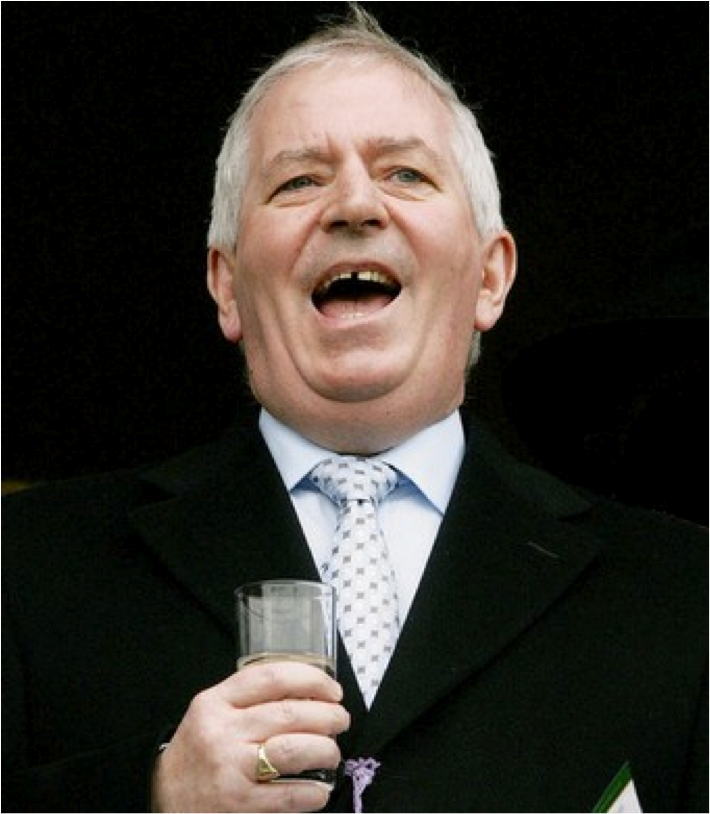
Second transition: from State action based in taxation to State action based on credit. The distributive logic of taxation permits the State to expand at the cost of the highest revenues, which, according to the neoliberals, is unjust, whilst the distributive logic of credit obliges the State to restrict itself and to pay everything to its creditors. This transaction guarantees the financial suffocation of the State, the only effective measure against social policies.

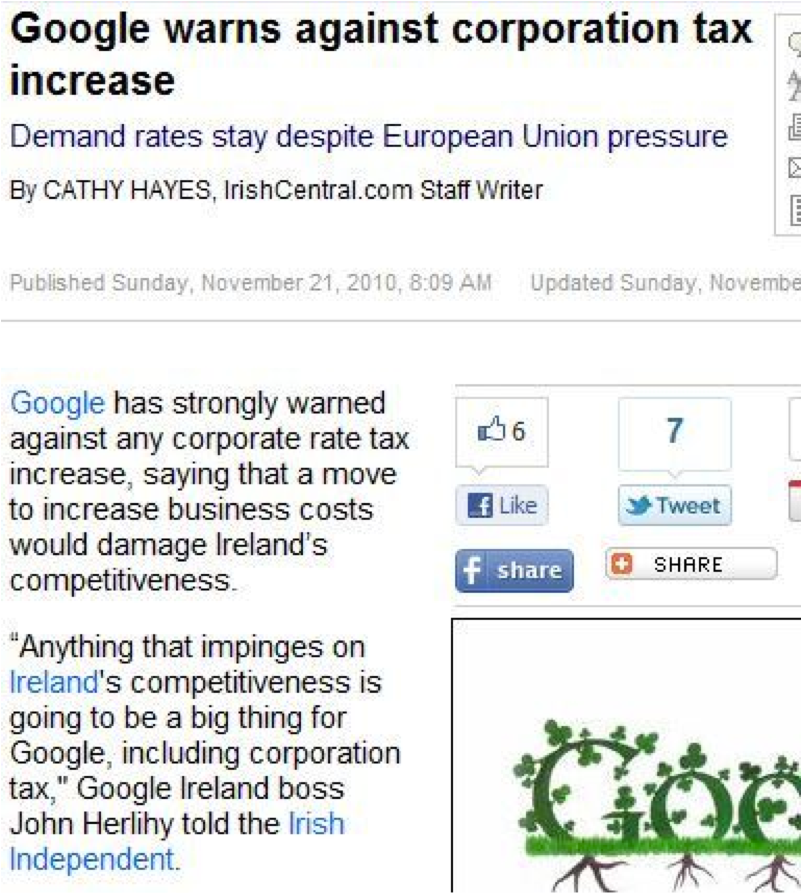
Third transition: from the recognition of the existence of public goods (education, health) and strategic interests (water, telecommunications, postal services) that should be looked after by the State to the idea that every intervention by the State in a potentially profitable area is an illegitimate limitation on the opportunities for private gain.
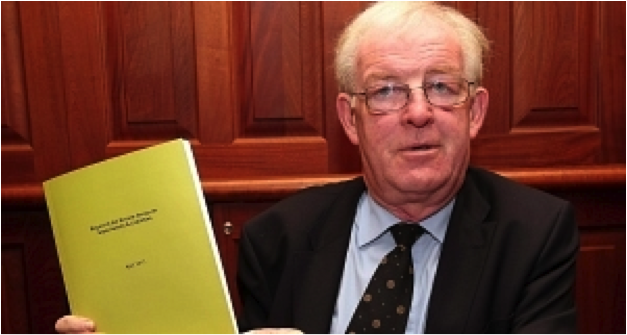
Fourth transition: from the principle of the primacy of the State to the principle of the primacy of civil society and the market. The State is always ineffective and authoritarian. The coercive force of the State is hostile to consensus and to the co-ordination of interests and limits the freedom of entrepreneurs, who are those who create wealth (workers are not mentioned). The imperative logic of government must be substituted wherever possible by the co-operative logic of government among sectoral interests, among these the State.
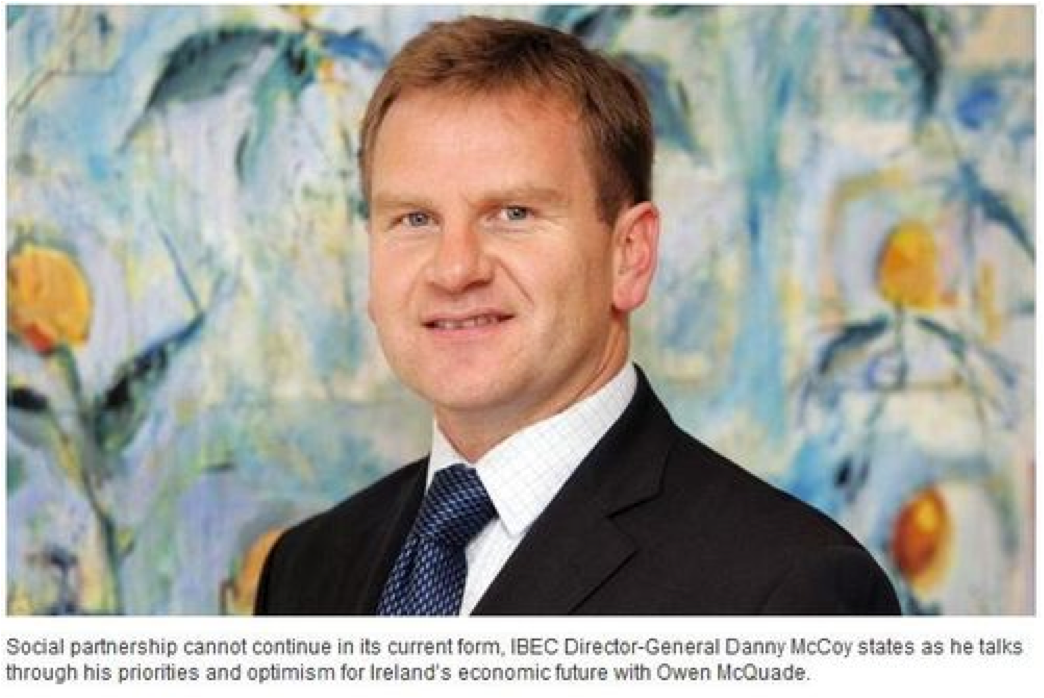
Fifth transition: from social rights to philanthropy and assistance in extreme situations of poverty and incapacity. The social State exaggerated solidarity among citizens and transformed social inequality into an evil when, in fact, it is a good. Between whoever makes charitable contributions and whoever receives it, one person is the subject of charity and the other is its object.

Faced with this disturbing set of neoliberal prescriptions, it is difficult to imagine that the different lefts cannot agree on the principle of ‘better State always; less State, never’ and that they do not arrive at conclusions from that.
